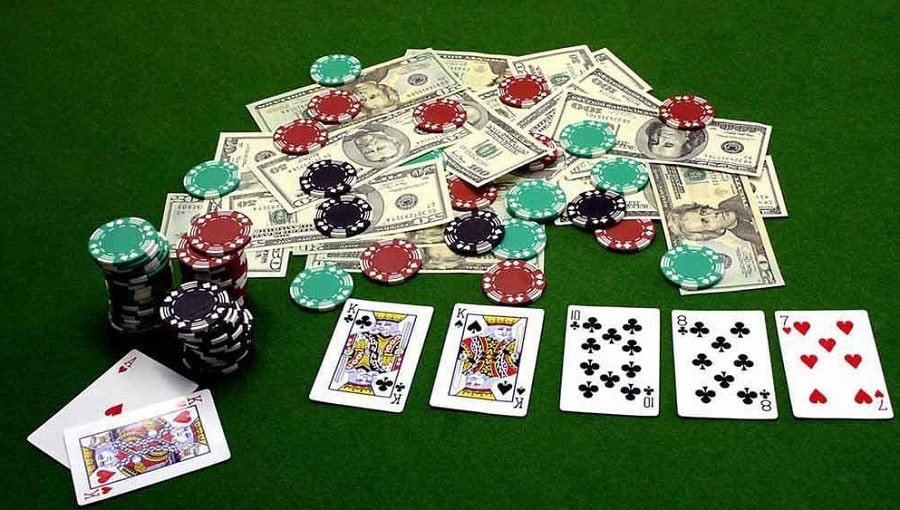
How to play poker for a beginner?
Experienced players, written below, will consider to be the commonplace truths that have long been known. So if you’re a master of the game of poker, you don’t have to read this article. You won’t learn anything new here. If you are a beginner, however, these tips will be a great help when playing poker in the black.
Fewer Hands Rule
Texas Hold’em has 169 starting hand combinations, but only 10-15 are considered high:
- A-A;
- K-K;
- A-K of one suit;
- Q-Q;
- J-J, etc.
If you haven’t been raided before you, play those hands, no matter what position you occupy at the table. When someone raises, it can be a mistake to play cards other than kings and aces.
Strong starting hands ensure that there are fewer problems as the game progresses. Of course, many different circumstances affect the process. But, to summarise, there are few hands that tell you to enter the draw.
If no one has opened a hand before you, you can play any hand of potential value. Raising before you indicates the need to narrow your range to combinations that can give you nets and won’t lead to domination.
For those new to poker, it is advisable to play only the best 10-15 hands. Expand the number of combinations as you gain experience and increase your own skill.

Playing in position
The most valuable thing you can get at the poker table is position. What does this mean? This term says that a player is the last or one of the last to act in a hand. Blinds are said to be the worst positions. Having a position is always an advantage for a player, even if he doesn’t have a high skill level or the best cards. The reason it becomes a winning situation is that one gets more information than one’s opponents during a hand.
The main reasons to play a position are:
- the player has the most information of anyone at the table by the time he makes his move.
- One has additional opportunities to bluff.
- Betting for “welfarism” can be done with the highest accuracy.
- A person gains control over the size of the pot.
Consider the importance of playing the position with an example. One-on-one play by two players who have already reached the middle of the range. They have to play a total of 50,000 hands. If you look at the statistics of the hands played, you can see a pattern. Both players, when playing without a position, lost large sums, while in a position they made substantial profits. The results obtained are similar to a mirror image. That means that playing in position is the determining factor. If the same player always played the same position, there would be no contest. The winner would always be the player who plays in position.
Those who want to win at poker should draw one simple conclusion from this: while in a position, play as many big banks as possible. Conversely, drawing a large pot without a position is a potential disaster.
